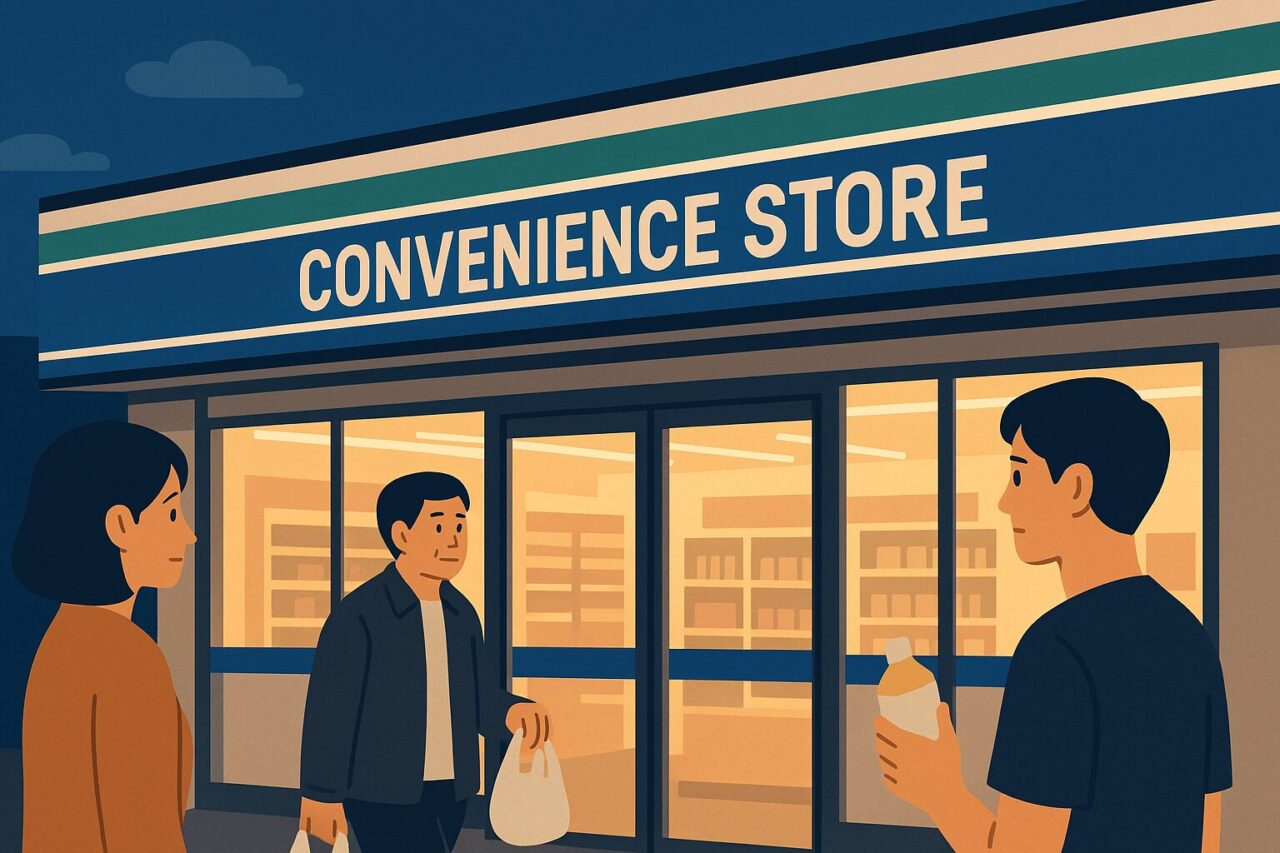
- 1. Introduction — How Tipping Culture Is Changing in the Age of Automation
- 2. The Challenges of Tipping Culture — The Twist Between “Gratitude” and “Burden”
- 3. Automation and Gratitude — Do Machines Need Tips?
- 4. Future Scenarios — The Crossroads Between Reality and Ideal
- 5. Can Tipping for AI and Robots Really Work?
- 6. Potential as an International Model
- 7. Conclusion
1. Introduction — How Tipping Culture Is Changing in the Age of Automation
Tipping has long been seen as a way to make “gratitude for service” visible.
However, in today’s world, its negative aspects—such as tip fatigue, a sense of obligation, and the reinforcement of income inequality—are becoming more pronounced.
At the same time, society is rapidly moving toward automation and AI, and we now find ourselves in a transitional phase where service is shifting from being delivered by humans to being provided by machines.
So what meaning will tipping hold in an AI-driven society, and how might it evolve?
In this article, we will explore both the realistic scenarios that could emerge and the ideal vision we should aim for, while reflecting on the future of tipping culture.
2. The Challenges of Tipping Culture — The Twist Between “Gratitude” and “Burden”
In Western tipping culture, there is a built-in contradiction. What is supposed to be a simple expression of “thank you” has, in practice, become a system that supplements wages and sustains workers’ livelihoods.
- Wage-supplement tipping hinders job stability and service improvement, while fueling a cycle of repeated hiring and turnover.
- For consumers, tipping has come to feel more like an obligation than a choice, creating a growing psychological burden.
- As a result, instead of fostering gratitude, tipping ends up breeding frustration, leading to the social phenomenon known as “tip fatigue.”
This distortion is expected to become even more serious in a society where AI and automation continue to advance.
3. Automation and Gratitude — Do Machines Need Tips?
In a society where automation has advanced, everything from restaurant orders to hotel check-ins is handled by AI and robots. The challenge here is that there is essentially “no one to thank.”
Humans feel gratitude toward the thoughtfulness and effort of others. But when it comes to machines, we may appreciate the “convenience,” yet rarely feel true gratitude. On the contrary, when malfunctions occur, the stress can be even greater.
In other words, while automation enhances efficiency, it also reduces the opportunities for gratitude to naturally arise.
So, does this mean tipping will eventually disappear in an AI-driven society?
4. Future Scenarios — The Crossroads Between Reality and Ideal
Realistic Future Scenario
The most probable outcome is that tipping will become automated and embedded into payment systems in a mandatory way. For example, “fixed tips” may be bundled into cashless payments or subscription fees, leaving consumers paying without even realizing it. Alternatively, tipping could evolve into a “social contribution” model, where a portion of payments is automatically donated to charitable or community causes.
However, this represents a future where “convenience” comes at the cost of “freedom of choice.” For consumers, it is likely to create a new sense of burden and could trigger significant backlash.
The Ideal Future Vision
On the other hand, the ideal scenario is to evolve tipping from a form of “wage supplementation” into a system of “making gratitude visible.”
More concretely, this could take the form of mechanisms such as the following:
- Not only money, but also “thank-you comments” or “stamps” can be sent.
- Tips are aggregated in real time, directly influencing the evaluation and motivation of staff and teams.
- That data is then used to guide management decisions and improve services.
Here, tipping functions not as money, but as a system that fosters the circulation of gratitude and positive emotions.
5. Can Tipping for AI and Robots Really Work?
Shift in the Object of Gratitude
When the Provider of Services Shifts to AI or Robots, What Happens to Gratitude?
When services are delivered by AI or robots, what becomes of the feeling of gratitude?
For humans, tipping is an expression of thanks for their effort. For AI, however, the act is more likely to be seen as a usage fee for functionality.
Therefore, giving tips to AI or robots is unlikely to be realistic.
The Radical Debate: Tipping AI
However, if AI were ever granted personhood or rights…
There is a possibility that debates will emerge around whether “AI should receive tips.” In fact, some thinkers have already begun to argue that AI labor deserves compensation.
That said, this remains more of a philosophical extreme than a realistic trend. The likelihood of such an idea being widely accepted in society is quite low.
The Practical Middle Ground
In Practice: Tipping the Humans Behind AI
In reality, it makes more sense for gratitude to be directed not toward AI itself, but toward the developers and operators working behind the scenes. In other words, the idea of “tipping AI” will ultimately converge into “tipping the humans who support AI.”
6. Potential as an International Model
If a Japan-style tipping system that “makes gratitude visible” were to take root, it could become a model with international applications.
In particular, in the U.S. and Europe, resistance to “wage-supplement tipping” has been growing. Against this backdrop, a system based on voluntary gratitude rather than obligation would likely find room for acceptance.
This goes beyond a simple system design — it has the potential to become an intellectual asset that shares Japan’s unique service culture with the world.
7. Conclusion
AI and automation are bringing major changes to tipping culture.
In reality, a future of “automated compulsory charges” may arrive first. However, the ideal path is for tipping to evolve from a form of “wage supplementation” into a system of “visible gratitude,” creating a positive cycle for consumers, employees, and management alike.
What must not be forgotten in an automated society is the perspective of how to preserve and utilize the human emotion of gratitude behind the pursuit of convenience.
The future of tipping is not merely about the evolution of payment methods, but about the deeper question of how human emotions can be woven into society itself.






